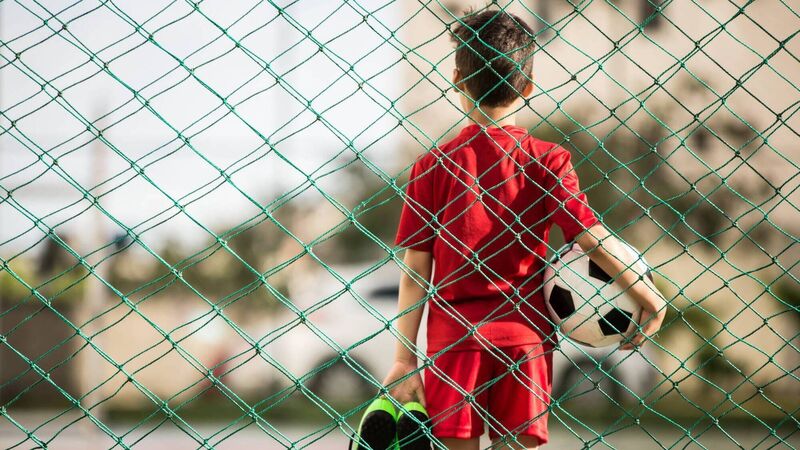Joanna Fortune: My son has stopped playing football since he was called 'crap' by a friend

Joanna Fortune: "Start reflecting with him that sometimes, when our feelings get hurt, the hurt can linger long after the incident has passed. Hurt feelings can make us shout at others, or they can leave us feeling tired, quiet, and wanting to hide from the world for a bit. Validate that his feelings make sense, are important, and are understood."
It sounds like he responded appropriately in the moment, but is now struggling to process the effect this has had on him. Children at his age are generally better able to self-regulate their emotions than they were when they were under seven, but they are still relatively new to this skill and often need our help in doing so.










